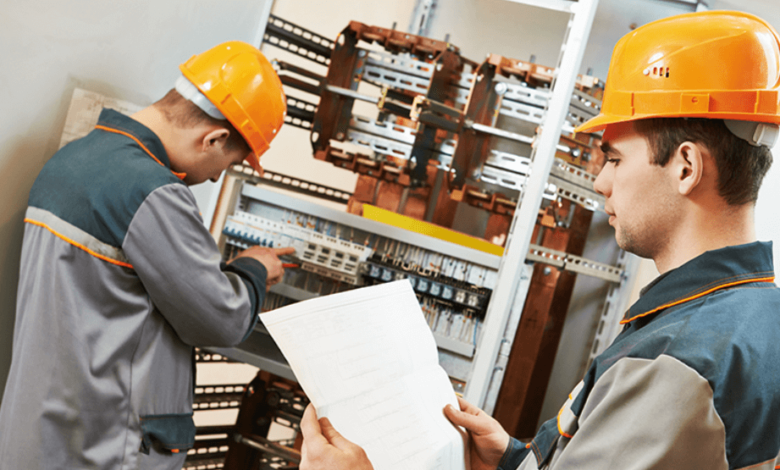Determining the Frequency of EICR for Commercial Properties

Regular Electrical Installation Condition Reports (EICRs) are essential for maintaining electrical safety and compliance in commercial properties. However, determining how often these inspections should be conducted depends on various factors that influence the condition and usage of electrical installations within the premises. It’s crucial to schedule an Electrical Installation Condition Report Commercial Property periodically to ensure ongoing safety and adherence to regulatory standards.
Factors Influencing the Frequency of EICR
1. Type and Size of the Commercial Property
The type and size of the commercial property play a significant role in determining the frequency of EICR inspections. Larger properties with extensive electrical systems may require more frequent inspections compared to smaller premises. Additionally, properties with complex electrical setups, such as industrial facilities or data centers, may need more frequent assessments to ensure safety and operational efficiency.
2. Age and Condition of Electrical Installations
The age and condition of electrical installations impact how often EICRs should be conducted. Older properties or those with outdated wiring systems may require more frequent inspections to monitor deterioration, potential faults, and compliance with modern safety standards. Newer properties may have fewer issues initially but should still undergo regular assessments to maintain safety standards over time.
Regulatory Requirements and Standards
3. Legal and Insurance Requirements
Legal and insurance requirements often dictate the frequency of EICRs for commercial properties. Regulatory bodies may specify intervals for inspections to ensure compliance with electrical safety regulations, such as the Electricity at Work Regulations 1989. Insurance companies may also require proof of recent EICRs as part of risk assessment processes, with specific intervals tailored to the property’s risk profile.
Practical Considerations for EICR Frequency
4. Usage and Operational Demands
The usage and operational demands placed on electrical installations within a commercial property influence inspection frequency. Properties that operate 24/7 or use heavy electrical equipment may experience more wear and tear on their electrical systems, necessitating more frequent inspections to identify and address potential issues promptly.
5. Previous Inspection Findings
Previous EICR reports and inspection findings provide insights into the condition of electrical installations and any identified issues. Properties with a history of electrical faults or non-compliance may require more frequent inspections to monitor corrective actions and ensure ongoing safety and compliance.
Read also:: Why Azure Cost Management is Crucial for Businesses: Understanding the Financial Impact.
Recommended Intervals for EICR
6. General Guidelines
While specific intervals for EICRs can vary based on the above factors, general guidelines recommend inspections at least every 3 to 5 years for most commercial properties. This timeframe allows for regular monitoring of electrical installations, identification of potential hazards, and implementation of necessary maintenance or upgrades to maintain safety and compliance.
Conclusion
In conclusion, determining how often commercial properties should undergo EICR inspections involves considering various factors, including property size, age of electrical installations, regulatory requirements, operational demands, and previous inspection findings. Regular EICRs are essential for identifying and mitigating electrical hazards, ensuring compliance with safety standards, and supporting uninterrupted business operations. Property owners and managers should consult with qualified electricians to assess their specific needs and establish an inspection schedule that prioritizes electrical safety and regulatory compliance. By investing in regular EICRs, commercial property stakeholders demonstrate a commitment to maintaining a safe and secure environment for occupants and protecting their investment in the property’s infrastructure over the long term. For reliable Landlord Certification services, consult with experts who specialize in landlord safety certificates, If you want to stay updated with posts like this, please follow us on WORLDWIDESCIENCESTORIES.





